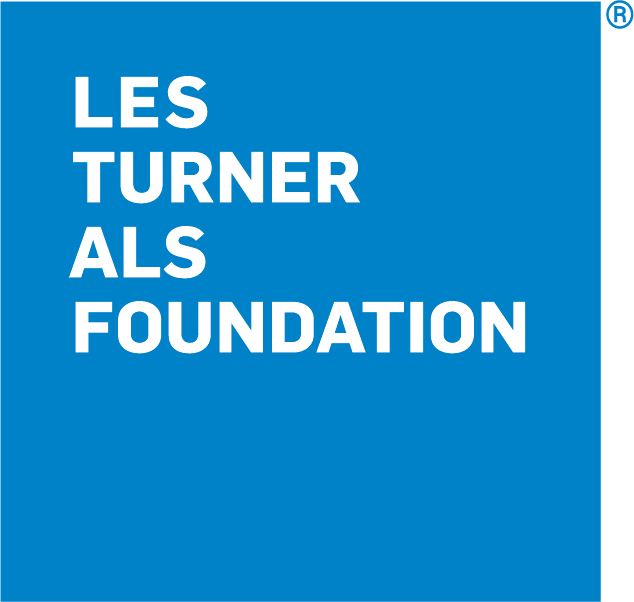UPDATE: As of May 16, 2023, Medicare will formally cover wheelchair seat elevating systems for many types of power wheelchairs. We applaud this decision and are proud to have advocated for it. These systems are vital for those living with a disability.
The Centers for Medicare & Medicaid Services have opened a comment period on Medicare coverage of power seat elevation systems in power wheelchairs. The Les Turner ALS Foundation strongly supports power seat elevation coverage and has submitted the comments below. We encourage you to submit comments of your own through Sept. 14, 2022.
August 25, 2022
Thank you for the opportunity to provide comment to the Centers for Medicare and Medicaid Services (CMS) on the National Coverage Analysis for coverage of Power Seat Elevation Systems in power wheelchairs.
Amyotrophic lateral sclerosis (ALS) is a neurodegenerative disease that weakens the muscles we use to move, swallow and breathe. The effects of ALS grow more severe over time and eventually become fatal. The symptoms and progression of the disease may vary greatly, which can make ALS difficult to diagnose, manage and treat.
Since people with ALS do not progress the same way, our support services coordinators work with them on a personalized basis to manage their rapid loss of function. In partnership with clinicians, we help people with ALS adjust to speech changes, make decisions about nutrition and breathing support, and assist with the constant flow of new equipment to ensure comfort, safety and preservation of function and mobility in the home.
As the nation’s oldest independent ALS group, we have more than 45 years of experience providing direct support to people living with ALS and their families, which has given us an intimate view into their daily lives and a unique understanding of their needs.
We strongly believe that Medicare should extend coverage of power seat elevation in power wheelchairs for Medicare beneficiaries with mobility challenges.
Power seat elevating devices are immensely important to the people we serve, because they:
- Facilitate safer transfers from wheelchair to bed, toilet, and lift and recline chairs. Having the ability to adjust the height of a wheelchair is critical for the safety of people with ALS and caregivers.
- Improve a person’s functional reach and independence (meal preparation, hygiene, parenting, light switches, elevator buttons).
- Enhance social engagement and increased self-confidence by making it possible to talk at eye level.
- Aid in communication when people living with ALS are in noisy environments or in a crowd of people.
People living with ALS want to be able to safely navigate their home and community. Power seat elevation is an important tool for independence that is often not within their financial reach. It is medically necessary as a safety measure and it substantially improves quality of life for people living with ALS and their families.
We urge the CMS to approve power seat elevation in power wheelchairs.
Sincerely,

Andrea Pauls Backman
Chief Executive Officer
Les Turner ALS Foundation

